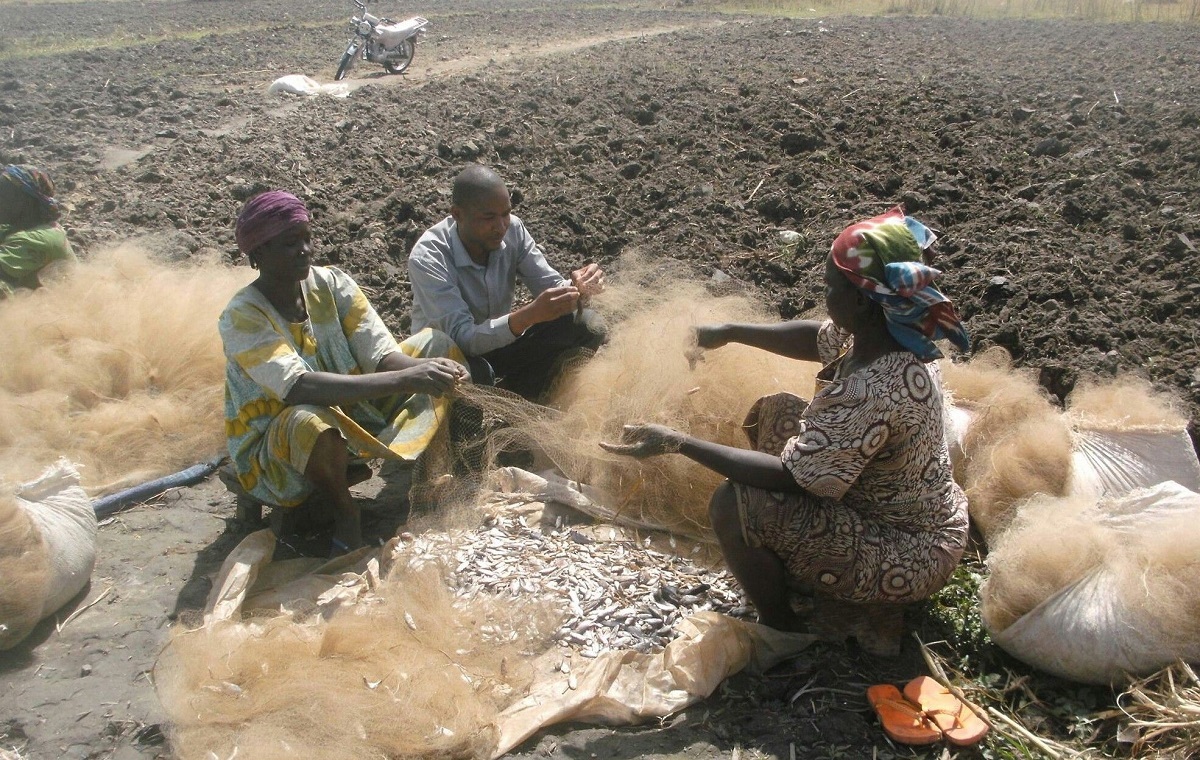
Peace and prosperity underpin the success of the Sustainable Development Goals (SDGs), from reducing extreme poverty and violent conflicts to ensuring peaceful and inclusive societies. But there are now more conflicts worldwide than at any time in the past 20 years, spurring massive displacement of millions of people, intensifying livelihood struggles, and reducing opportunities for social cohesion and economic development.
Many conflicts are a result of extreme poverty, especially in the Lake Chad region, spanning a number of countries in West and Central Africa, where over 30 million people live in poverty and almost every family is threatened by violence. Without concerted, collaborative action to promote peace and prosperity across the world, violence could drive 100 million people into poverty by 2030. Dr Uche Okpara’s research, as part of a ‘Future Leaders Fellowship’ run by UKRI, is a direct response to this concern.
The pursuit of peace and prosperity can involve interconnected social, economic, ecological and governance challenges that interweave competing interests, norms, values, priorities and memories. As such, research on peace and prosperity pathways must incorporate a diversity of perspectives, worldviews and knowledge systems. Working with partners across the Lake Chad region (which include the University of Diffa, Niger, University of N'Djamena, Chad and University of Maiduguri, Nigeria), the research will employ a range of interdisciplinary approaches and mixed methods, underpinned by the principles of knowledge co-creation – whereby researchers and all groups of people affected by the problem, jointly contribute to research planning and implementation, for improved and sustainable impact.
As part of this fellowship, Dr Uche Okpara will build an interdisciplinary team of early career and PhD researchers in conflict, peace, environment and development, launch a new ‘Lake Chad Conflict and Environment Observatory’, and establish local citizens’ labs. These will bring together science, society and the state in a reciprocally useful way to explore the foundations of citizens’ preferences and strategies for both socio-economic development – ‘prosperity’ and meaningful and non-violent interactions – ‘peace’.
Working in three fragile and conflict-affected Lake Chad territories in Chad, Niger and Nigeria, the project will research and co-create – together with local communities, groups and partners – peace and prosperity pathways that will serve as decision-support tools to foster sustainable and inclusive development planning in fragile environments.
The research aims to generate new knowledge on the dimensions of, and pathways towards sustainable peace and equitable prosperity, enhancing progress towards SDGs 1 (poverty reduction) and 16 (peaceful and inclusive societies) – all leading to improved lives and livelihood opportunities for citizens. Further impact includes capacity building of a new generation of young academics in conflict, peace, environment and development research

